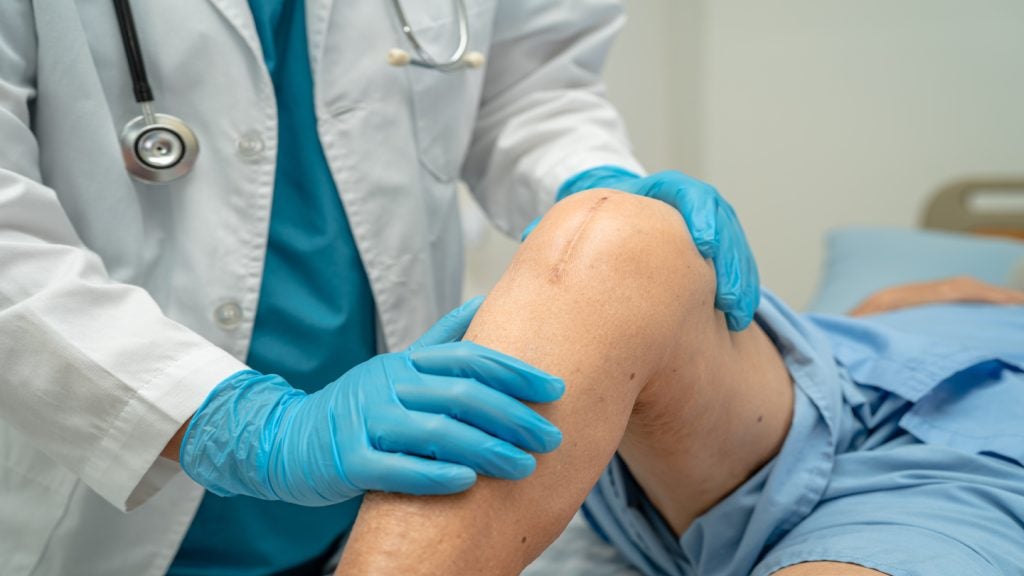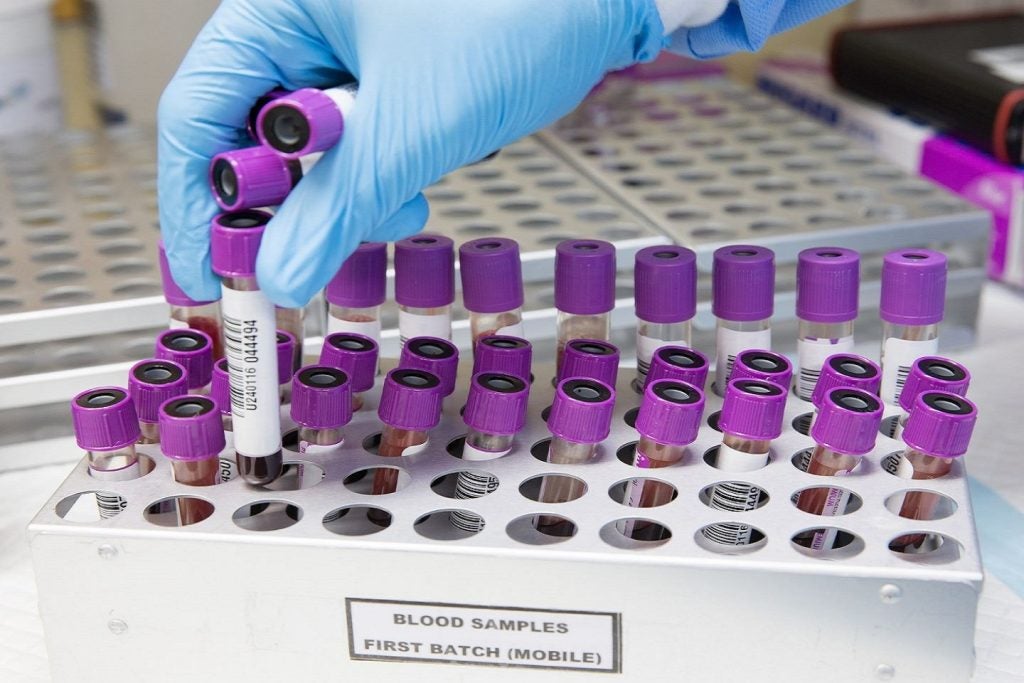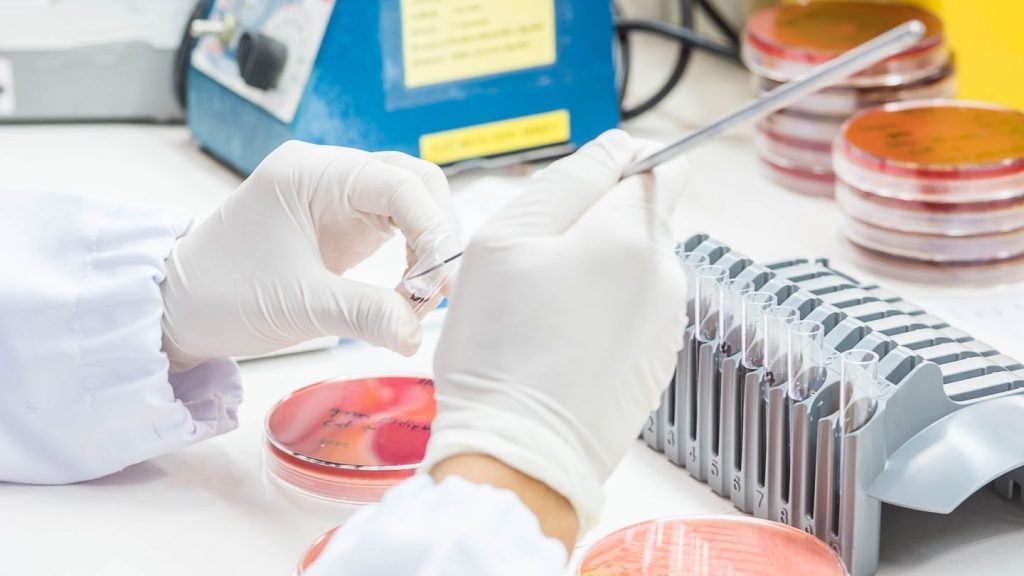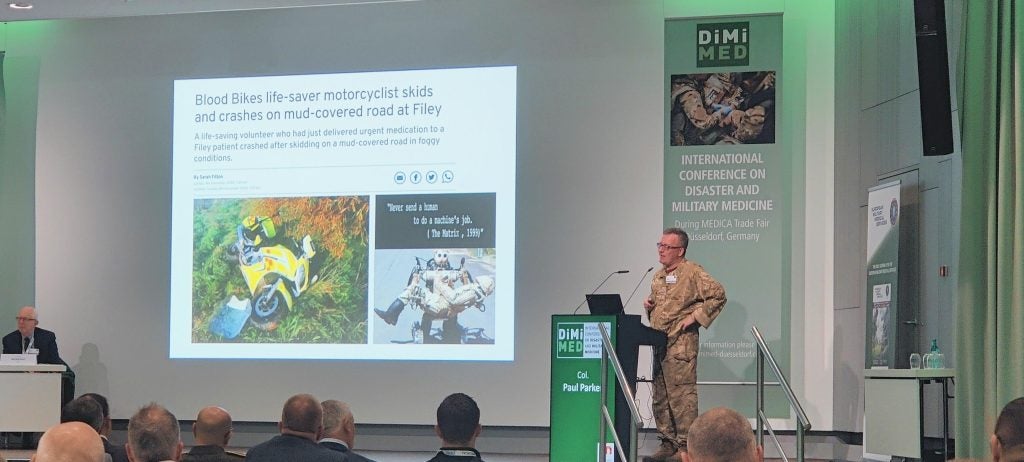A surgical procedure to treat osteoarthritis (OA) is set to be trialled at sites across Europe by the University of Basel backed by $13.1m in government funding.
The Swiss university is preparing to launch a series of clinical trials investigating a form of artificial cartilage that can be surgically grafted into an affected knee joint in order to stave off the need for an artificial replacement.
Called Nasal Chondrocyte Tissue-Engineered Cartilage (NTEC), the procedure is set to be tested in clinical trials at sites across Europe, including Switzerland, Germany, Italy, Croatia, Sweden, Austria and Poland. They are also open to qualified patients from the US.
However, researchers at the university say that NTEC is not capable of treating rheumatoid arthritis, as a result, the upcoming NTEC trials will focus only on patellofemoral OA, rather than full knee OA.
Ivan Martin, professor of tissue engineering at the University of Basel, said: “N-TEC has demonstrated overwhelming success in human clinical studies to date.
“Thanks to generous public funding and cooperation with other outstanding teams, we will now extend clinical trials to investigate NTEC in more challenging conditions so that someday it can become a mainstream bedside procedure for many patients suffering from joint pain induced by cartilage loss.”
NTEC is described by the university as an autologous procedure that relies on cartilage cells from each patient’s body to grow new cartilage grafts that are surgically implanted to repair damaged cartilage.
The procedure involves grafting the artificially grown cartilage to the real cartilage where it integrates into the area around the subchondral bone.
GlobalData’s Medical Device Intelligence Centre details how the market for partial knee reconstructive surgery stood at around $7.4bn globally in 2022, with that figure expected to rise to $9.4bn by the end of 2030.
At the same time, the team is similarly interested in launching similar clinical trials looking at NTEC’s effectiveness in other joints liable to suffer from degenerative disorders, with plans to examine cartilage lesions in the ankle and shoulder joints, with trials to investigate NTEC’s use in elbows set for 2024.
















